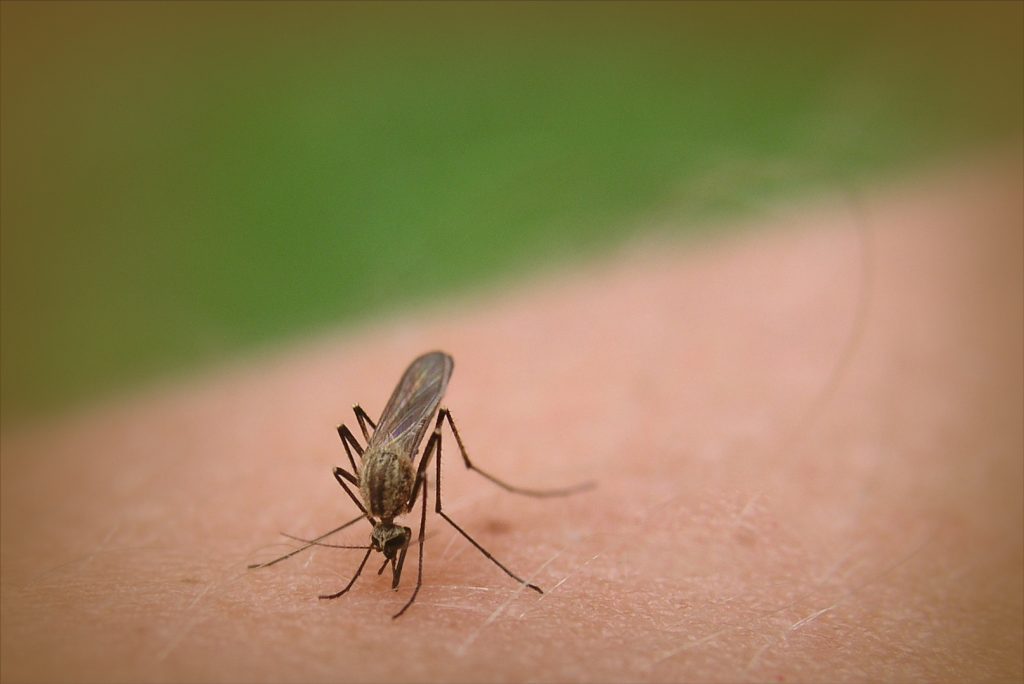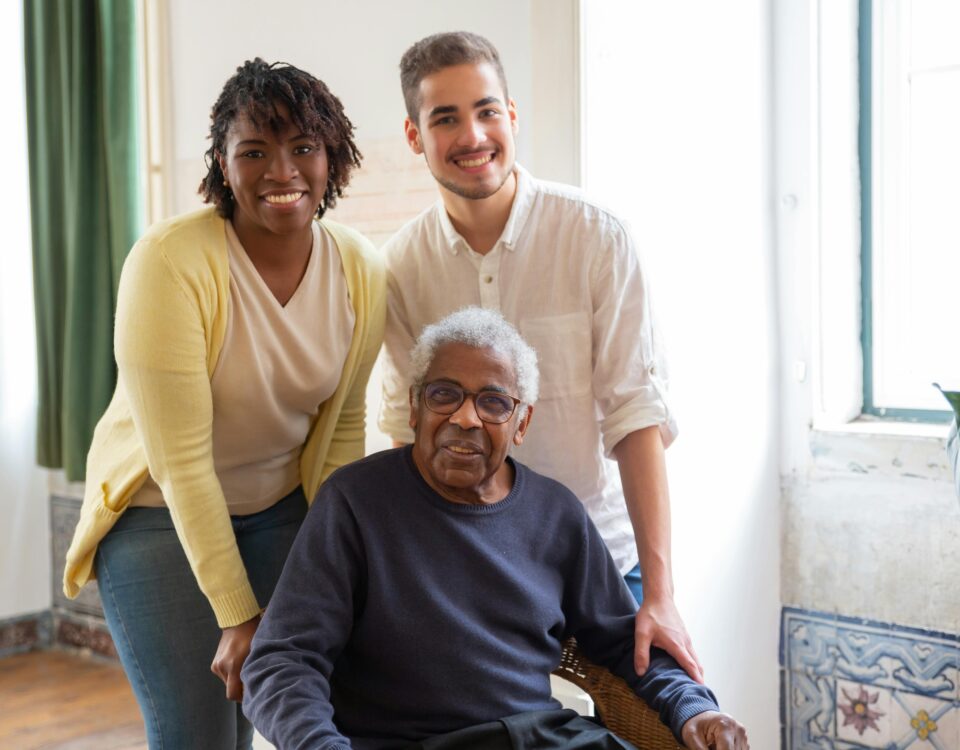You can’t always be there. But we can.
Zika Virus

How Can You Help Your Parent Understand Their Cancer Treatment Options?
August 29, 2016
Confronting Your Own Emotions after an Alzheimer’s Disease Diagnosis
September 6, 2016Zika Virus
As we approach the final weeks of summer, you may expect even warmer (and possibly humid) temperatures as the season comes to a close. And as you very well know mosquitoes love this kind of weather so it is certainly possible to get bitten by these pesky insects anywhere you go.
 We do suggest to take preventive measures from these insects knowing that these can potentially carry any disease that would surely endanger one’s health. Some of the most common diseases transmitted by mosquitoes are the following: West Nile virus, Encephalitis, Microcephaly, Chikungunya Virus, Dengue Fever, Yellow Fever, Malaria, and most recently gaining notoriety is the Zika Virus.
We do suggest to take preventive measures from these insects knowing that these can potentially carry any disease that would surely endanger one’s health. Some of the most common diseases transmitted by mosquitoes are the following: West Nile virus, Encephalitis, Microcephaly, Chikungunya Virus, Dengue Fever, Yellow Fever, Malaria, and most recently gaining notoriety is the Zika Virus.
No one is spared from getting this disease even the elderly.
It is not immediately known if an individual has contracted this disease. Most incidents show no symptoms or even very mild symptoms to the younger population. But for seniors, getting this disease would mean having severe symptoms. This gives them a much difficult time fighting off the infection with their weaker immune systems. So for everyone most especially the seniors it is important to take caution. Zika virus has been linked to Guillain-Barre syndrome and Microcephaly, both serious diseases that may lead to severe and permanent disabilities so it is best to get yourself checked once you experience lingering symptoms.
Here are some of the following symptoms:
– Muscle pain
– Fever
– Joint Pain
– Conjunctivitis (red eye or pink eye)
– Headache
– Rash
Zika symptoms may last for several days or up to a week. There is no known specific medicine that can cure the virus. The virus can be eliminated when the infection is immediately treated and if one does any activity that can help with recovery such as:
– Drinking fluids to prevent dehydration.
– Reducing fever and pain by taking paracetamol or acetaminophen.
– Getting a lot of rest.
Good news is that anyone who recovers from the virus develops immunity from future infections.
And of course prevention is always the best way of not getting the Zika virus or any other mosquito transmitted diseases. Here are some suggestions that may help ward off these harmful insects.
– Spray your skin with mosquito repellent.
– Avoid traveling to places where the virus is spreading by checking the CDC Traveller’s Health website.
– Light colored clothing is best for warm temperatures. Make sure to cover your body enough to be shielded from bites by wearing long sleeves and pants.
– Before leaving your windows open make sure that you have screens installed.
– Do not let water accumulate on any part of your house as it may breed mosquitoes.
sources: webmd.com, cdc.gov, caring.com
Disclaimer: 1Heart Caregiver Services Blog may contain articles about health care and medical related topics. However, no warranty is made that any of the articles are accurate. There is absolutely no assurance that any statement contained or cited in any or our articles touching on health care or medical related matters is correct, true, up-to-date or, precise, If any of the statements we mentioned about healthcare or medicine is accurate, it may or may not apply to you or your symptoms.
The health care or medical information provided on 1Heart Caregiver Services is, at best, of a general nature and cannot replace the advise of a health care/medical professional. 1Heart Caregiver Services will not take responsibility for the results or consequences in attempting to use or adopt any information presented in its blog article

